What is Maxillectomy?
The surgical procedure involving the removal of all or part of the maxilla (the upper jawbone) is called Maxillectomy. This procedure is typically performed to treat conditions such as oral cancer, tumours of the jaw, or severe facial trauma. Depending on the extent of the surgery and the reason for it, maxillectomy can be partial (removal of a portion of the maxilla) or total (removal of the entire maxilla).
Indications for Maxillectomy Surgery
- Maxillectomy may be performed to remove tumours of the maxilla or adjacent structures, such as the palate or sinuses, in cases of oral cancer.
- Non-cancerous tumours of the maxilla, such as ameloblastoma or ossifying fibroma, may require surgical removal through maxillectomy.
- Maxillectomy may be indicated for malignant tumours that have spread to the maxilla from other parts of the body, such as melanoma or sarcoma.
- Conditions affecting the maxillary sinuses, such as chronic sinusitis, mucoceles, or tumours, may require maxillectomy for treatment.
- Severe facial trauma involving the maxilla, such as fractures or injuries that affect the alignment or function of the jaw, may require surgical intervention, including maxillectomy.
- Maxillectomy may be indicated to treat congenital or acquired defects of the hard or soft palate that affect speech, swallowing, or dental function.
- In cases where previous surgical interventions have been unsuccessful or have resulted in complications, maxillectomy may be considered as a salvage procedure.
| Procedure Name | Maxillectomy |
|---|---|
| Type of Surgery | Major |
| Type of Anesthesia | General Anesthesia |
| Procedure Duration | 2-4 hours or more (depending on the amount of resection) |
| Recovery Duration | Few weeks |
Maxillectomy: Pre-Op & Post-Op Care
How to Prepare for Maxillectomy Surgery?
- The patient undergoes a thorough evaluation, including medical history, physical examination, and imaging studies (e.g., CT scans, MRI) to assess the extent of the maxillary pathology and plan the surgical approach.
- Patients are instructed on preoperative fasting and medication guidelines. They may also undergo dental evaluations and oral hygiene instructions.
- Anaesthesia consultation: The patient meets with an anesthesiologist to discuss anaesthesia options and address any concerns.
During maxillectomy surgery
- The patient receives general anaesthesia to ensure comfort and immobility during the procedure.
- The surgeon makes an incision inside the mouth (transoral approach) or externally on the face (transfacial approach) to access the maxilla.
- Depending on the extent of the maxillectomy, the surgeon removes part or all of the maxilla, along with any affected soft tissue or structures.
- After removing the diseased tissue, the surgeon may perform reconstruction using bone grafts, implants, or other techniques to restore facial aesthetics and function.
- The incisions are closed with sutures, and drains may be placed to prevent fluid buildup.
Post Op Recovery
- The patient is monitored closely in the recovery area for any signs of complications, such as bleeding or infection.
- Initially, the patient may be on a liquid or soft diet to allow for healing. They gradually transition to a regular diet as tolerated.
- The patient is scheduled for follow-up visits to monitor healing, assess for complications, and remove sutures or drains as needed.
- Speech therapy and/or dental rehabilitation may be recommended to improve speech and chewing functions.
- The overall recovery time from maxillectomy surgery depends upon the extent of resection, the underlying health condition of the patient and returning to normalcy
Benefits of Maxillectomy at Yashoda Hospitals
- Removes jaw tumors, improves quality of life.
- Enhances oral health, reduces infection risks.
- Advanced techniques aid in reconstruction for normal function.
- Vital for oral cancer treatment, pain relief, and functionality.




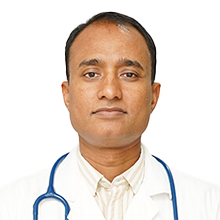

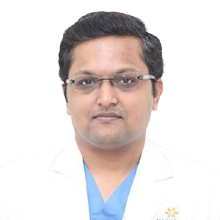
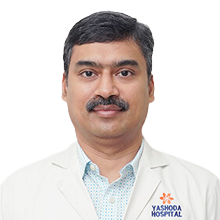
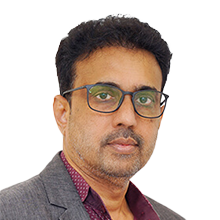
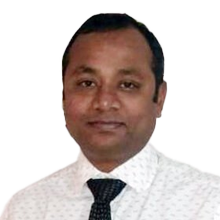
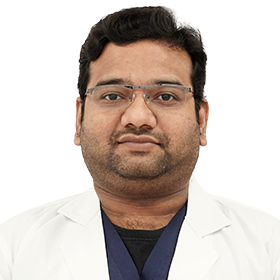
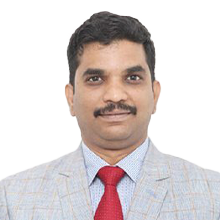
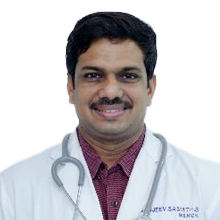



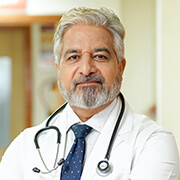








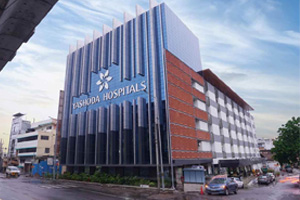
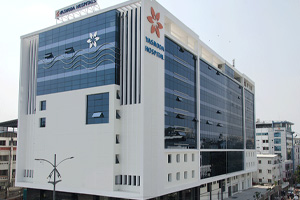
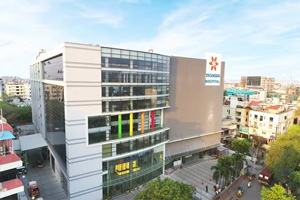
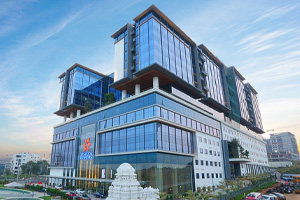
 Appointment
Appointment WhatsApp
WhatsApp Call
Call More
More